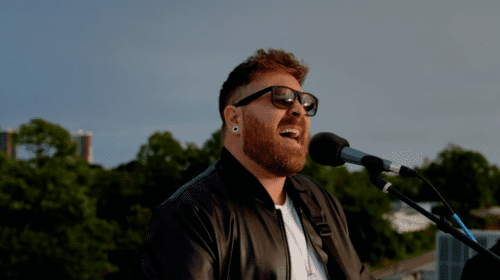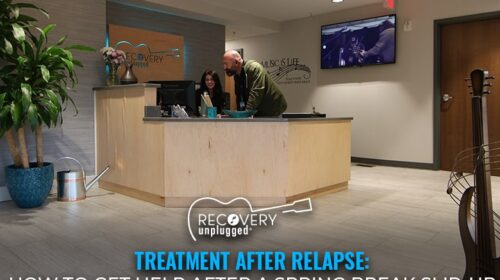Summer is almost here, which means one thing: festivals. That’s right…as we speak there are legions of music and culture hounds from across the country booking hotels, making sure their cars are in good working order for long-distance driving, trying to convince friends to spend money they don’t really have on premium passes, and secretly hoping that their group is the only one there.
While we’re slathering on the sunscreen, sticking water bottles in the oddest places (no…not there) and making sure we have information for an emergency contact pinned to our shorts in the event of heat exhaustion, it’s also a good idea for those in recovery to develop a basic plan to avoid relapse and keep the experience about music and less about getting a tour of the local hospital or police precinct.
The reality of festival culture is that, while incredibly fun, inviting and inclusive, it can test the limits of recovery by putting us squarely in the middle of drug and alcohol use. So, on the off-chance the ten overheated security guards working the front gates can’t fully enforce the contraband laws governing the events you’re heading to, here are some helpful relapse prevention hints.
Travel in Packs
Many, if not most people in recovery are lucky enough to have friends who understand some of their proverbial pressure points, stressors and triggers. As you’re working your very own festival circuit this year, try and go with supportive people who understand your situation, and can provide support and, if needed, accountability. If you’re going with new friends, just be honest and explain your concerns. It’s also helpful to have a sponsor or a member of your support system on speed-dial so you can call them during the day’s more challenging periods.
Take Advantage of Sober Tents
Major music festivals such as Bonnaroo in Manchester, TN or Governor’s Ball in NYC have tents on the main grounds dedicated specifically to those in recovery. These tents are areas where likeminded people who want to stay sober and enjoy the festival can hang out and attend mutual support group meetings throughout the day. Recovery tents offer us a safe haven; if we find ourselves feeling tempted to drink or use we can head over to these booths and party with clean and sober friends instead of getting intoxicated.
Focus on the Music
At the end of the day, what’re you there for? Live music has a way of taking us out of our fears and anxieties and bringing us to a place of emotional self-awareness and connection without the need for artificial stimulation. In the event of a slip, however, it’s critical to let a supportive loved one know so you can take action toward getting back into recovery. Recovery Unplugged wishes you a safe, sober and satisfying festival season.

























